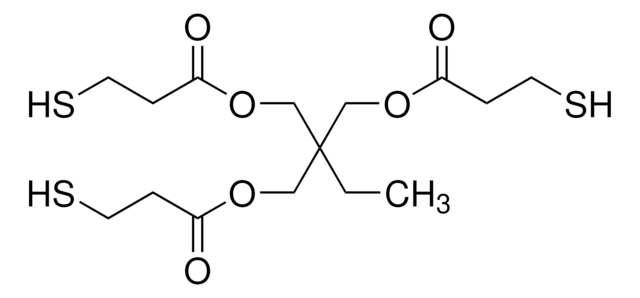291609
2,4,6-Triallyloxy-1,3,5-triazine
97%
Synonym(s):
Triallyl cyanurate
Sign Into View Organizational & Contract Pricing
All Photos(1)
About This Item
Empirical Formula (Hill Notation):
C12H15N3O3
CAS Number:
Molecular Weight:
249.27
Beilstein:
235560
EC Number:
MDL number:
UNSPSC Code:
12162002
PubChem Substance ID:
NACRES:
NA.23
Recommended Products
Assay
97%
form
solid
bp
156 °C
mp
26-27 °C
density
1.11 g/mL at 30 °C
SMILES string
C=CCOc1nc(OCC=C)nc(OCC=C)n1
InChI
1S/C12H15N3O3/c1-4-7-16-10-13-11(17-8-5-2)15-12(14-10)18-9-6-3/h4-6H,1-3,7-9H2
InChI key
BJELTSYBAHKXRW-UHFFFAOYSA-N
Looking for similar products? Visit Product Comparison Guide
Related Categories
Signal Word
Warning
Hazard Statements
Precautionary Statements
Hazard Classifications
Acute Tox. 4 Oral - Aquatic Chronic 2
Storage Class Code
11 - Combustible Solids
WGK
WGK 2
Flash Point(F)
347.9 °F
Flash Point(C)
175.5 °C
Personal Protective Equipment
dust mask type N95 (US), Eyeshields, Gloves
Choose from one of the most recent versions:
Already Own This Product?
Find documentation for the products that you have recently purchased in the Document Library.
Customers Also Viewed
Fan Zhou et al.
Optics express, 24(6), 6367-6380 (2016-05-04)
Split ring resonators have been studied extensively in reconstituting the diminishing magnetism at high electromagnetic frequencies in nature. However, breakdown in the linear scaling of artificial magnetism is found to occur at the near-infrared frequency mainly due to the increasing
Jinujacob George et al.
Nanoscale research letters, 3(12), 508-515 (2008-12-01)
Carbon nanofiber (CNF) is one of the stiffest materials produced commercially, having excellent mechanical, electrical, and thermal properties. The reinforcement of rubbery matrices by CNFs was studied in the case of ethylene vinyl acetate (EVA). The tensile strength was greatly
Jinu Jacob George et al.
Nanoscale research letters, 4(7), 655-664 (2009-01-01)
A series of ethylene vinyl acetate (EVA) nanocomposites using four kinds of EVA with 40, 50, 60, and 70 wt% vinyl acetate (VA) contents and three different carbon-based nanofillers-expanded graphite (EG), multi-walled carbon nanotube (MWCNT), and carbon nanofiber (CNF) have
Reka Geczy et al.
Lab on a chip, 19(5), 798-806 (2019-01-29)
Polymeric microfluidic chips offer a number of benefits compared to their glass equivalents, including lower material costs and ease and flexibility of fabrication. However, the main drawback of polymeric materials is often their limited resistance to (organic) solvents. Previously, thiol-ene
Our team of scientists has experience in all areas of research including Life Science, Material Science, Chemical Synthesis, Chromatography, Analytical and many others.
Contact Technical Service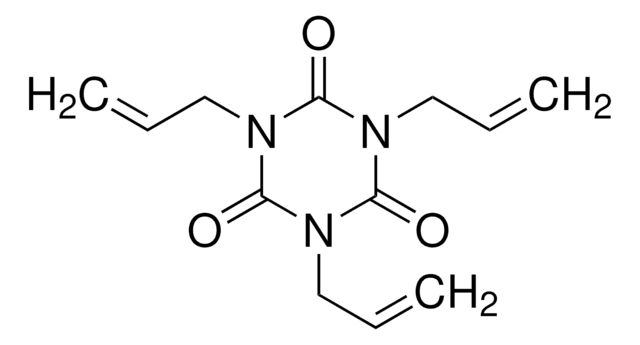
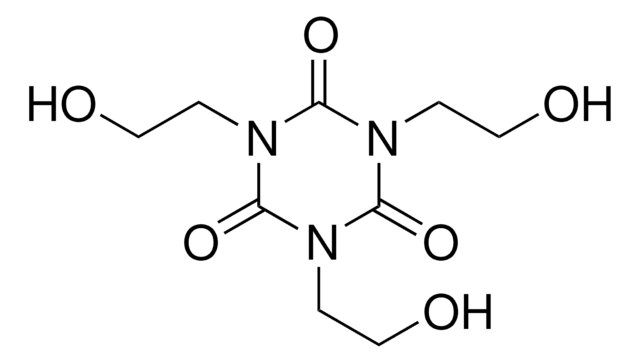
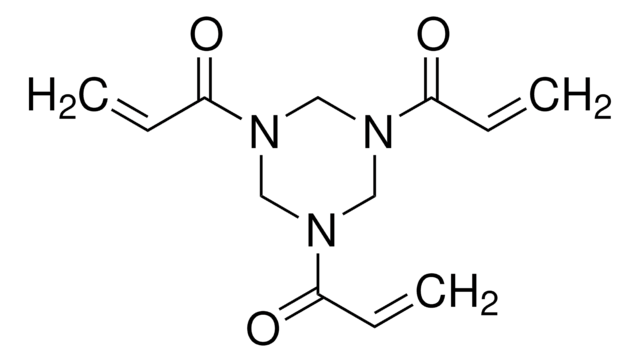
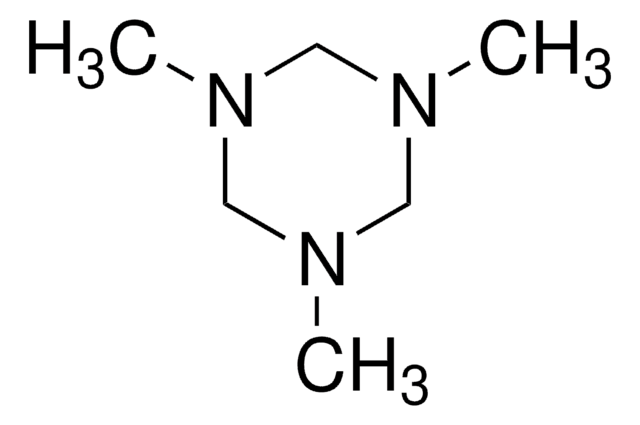
![Tris[2-(acryloyloxy)ethyl] isocyanurate](/deepweb/assets/sigmaaldrich/product/structures/254/494/1a620abc-8043-457f-92ec-87a959682438/640/1a620abc-8043-457f-92ec-87a959682438.png)
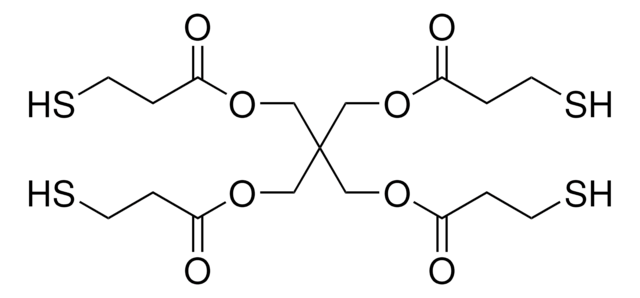
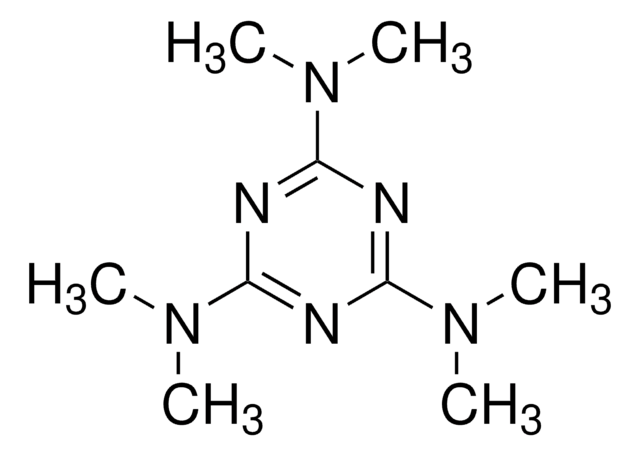
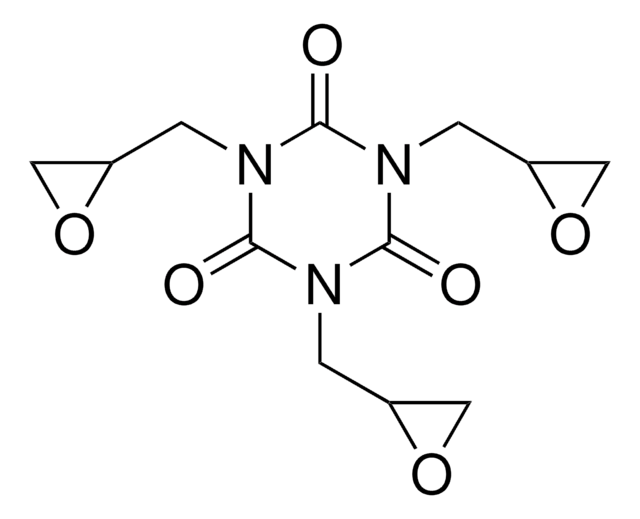
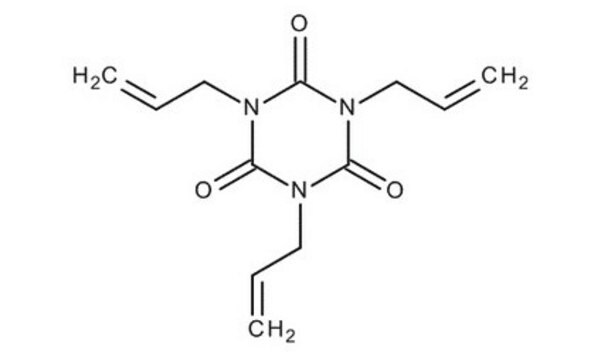
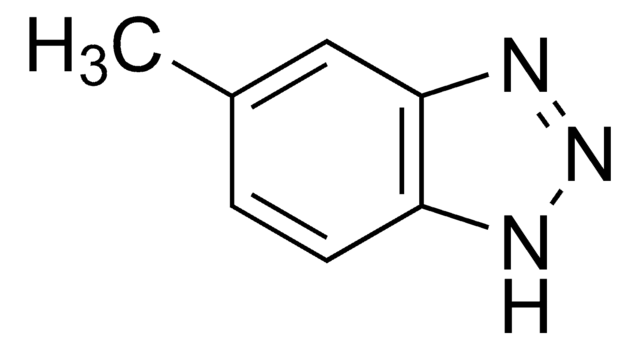



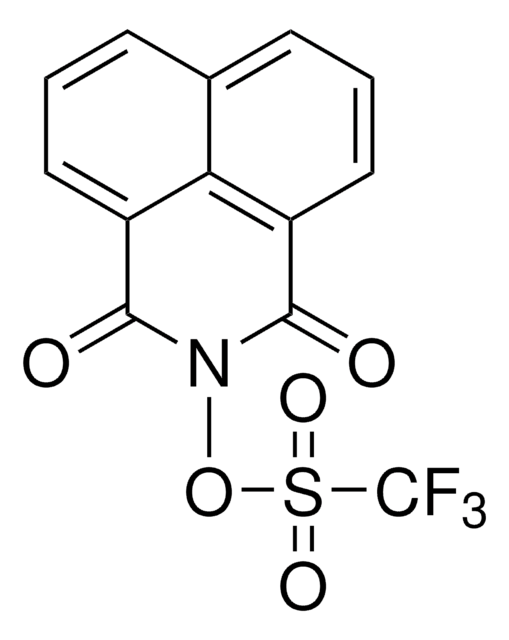
![Tris[3-(trimethoxysilyl)propyl] isocyanurate technical grade](/deepweb/assets/sigmaaldrich/product/structures/239/690/c24b2d6d-4580-41dd-a3ec-77f7fcb9caaf/640/c24b2d6d-4580-41dd-a3ec-77f7fcb9caaf.png)
